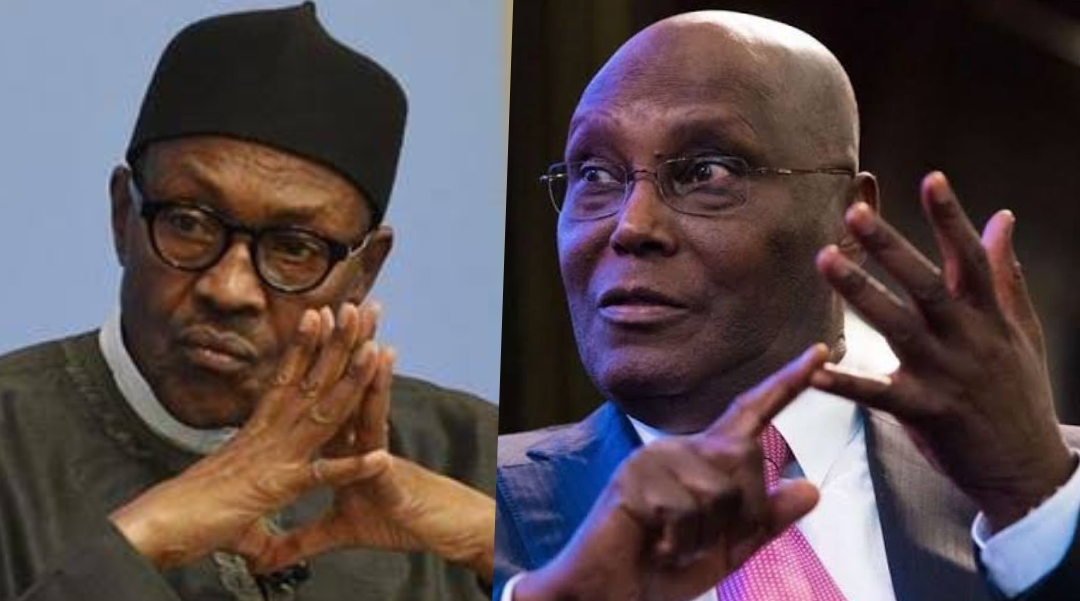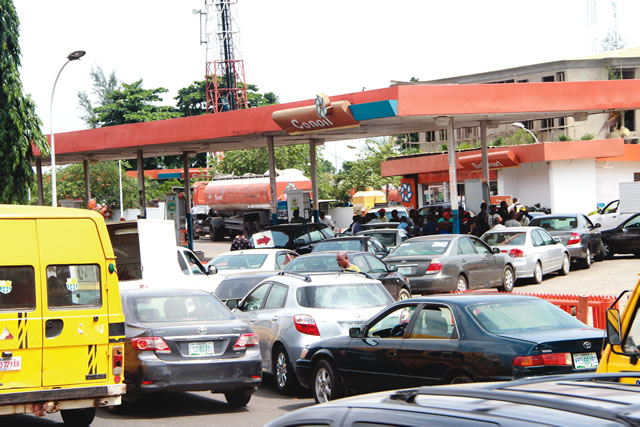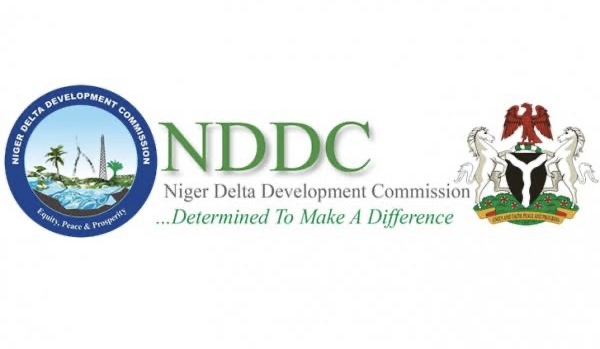Twenty-three million Nigerians lost their jobs under Buhari: Atiku

President Muhammadu Buhari has overseen a regime in which over 23 million Nigerians lost their jobs, pushing more people into poverty, says ex-Vice President Atiku Abubakar.
Mr Abubakar, the presidential candidate of the Peoples Democratic Party, also lamented that Nigeria’s economy was “crawling” instead of growing, and Nigerians were miserable under Mr Buhari’s rule.
“The Nigerian economy is crawling rather than growing,” the PDP standard-bearer stated.
The former vice president noted that per capita income, “a measure of citizens’ well-being, has progressively fallen since 2015 because of declining output and a fast-growing population.”
He added, “Nigerians are worse off today than they were in 2015.”
“More Nigerians are poorer and more miserable today than in 2015,” Mr Abubakar further stated. “Basic commodities are now beyond the reach of the average Nigerian. A loaf of bread costs 100 per cent more today than it did in 2020.”
Mr Abubakar, Nigeria’s vice president between 1999-2007, disclosed this while speaking Tuesday at the Private Sector Economic Forum organised by the Lagos Chamber of Commerce and Industry (LCCI) in Lagos.
“Under the present administration, our people are not working. More than 23 million people are out of jobs,” Mr Abubakar claimed. “In just five years between 2015 and 2020, the number of fully employed people dropped by 54 per cent, from 68 million to 31 million people.”
The opposition presidential candidate was once in the same party, APC, as Mr Buhari.
On Friday, however, Mr Buhari claimed the Nigerian economy was growing under his watch despite the COVID-19 pandemic disruption, Russia-Ukraine war and internal crises besetting the country.
“In this period, challenges faced by the world have been many, including lockdowns as COVID-19 raged; disruptions to supply chains around the world, and sharp fluctuations in prices,” the Nigerian leader explained. “Our economy continues to grow despite the adverse effects of rising interest rates, a stronger U.S. dollar and higher inflation across the world.”
We have recently deactivated our website's comment provider in favour of other channels of distribution and commentary. We encourage you to join the conversation on our stories via our Facebook, Twitter and other social media pages.
More from Peoples Gazette

Politics
Katsina youths pledge to deliver over 2 million votes to Atiku
“Katsina State is Atiku’s political base because it is his second home.”

Education
Argentines protest budget cuts to public universities
The protestors are being joined by professors and students with their union leaders.

Sport
EPL: Everton hand Liverpool major upset in title race; Bruno Fernandes’ brace helps Man United return to winning ways
If City win the two games, they will go top of the table.

Heading 3
FRSC collaborates with judiciary for speedy trial of drivers involved in road crashes
“All drivers and vehicle owners who caused crashes on the roads would definitely face the wrath of the law.”

Africa
Tanzania shuts down five hydro stations to reduce excess power on national grid
This is the first time the country will be shutting its hydroelectric stations over excess production.

Abuja
Fuel Scarcity: Motorists lament as long queues resurface in FCT
They appealed to the federal government to resolve whatever the issues were.









